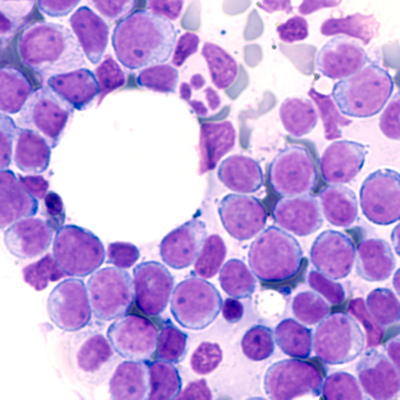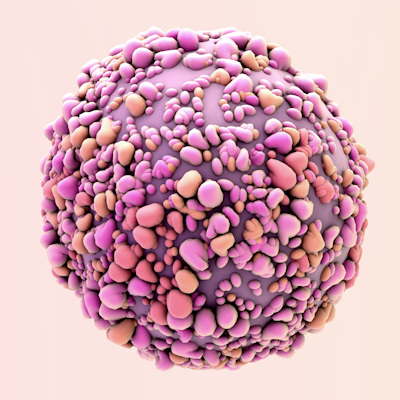 Optimizing AAV vectors for gene therapy delivery
Optimizing AAV vectors for gene therapy delivery
Adeno-associated viruses (AAV) can be engineered to deliver DNA to target cells. It is used extensively for the development of viral vector-based gene therapies in the pipeline. However, researchers encounter challenges with producing sufficient quantities of AAVs for gene therapy products, and they struggle to get delivery vehicles and their genetic payloads into the brain across the blood-brain barrier. Read More
 Inotrem receives funding for IBD therapies
Inotrem receives funding for IBD therapies
Inotrem, an advanced clinical stage biotech company, has received funding from the Crohn’s & Colitis Foundation to accelerate research and development on inflammatory bowel disease (IBD). The funding will support the development of INO-02, a long-acting therapeutic approach for IBD focusing on modulating the TREM-1 pathway. Read More
 FDA grants accelerated approval for Alzheimer’s disease treatment
FDA grants accelerated approval for Alzheimer’s disease treatment
The U.S. Food and Drug Administration (FDA) on Friday approved Leqembi (lecanemab-irmb) through its accelerated approval pathway for the treatment of Alzheimer’s disease. Leqembi is the second of a new category of medications approved for Alzheimer’s disease that target the fundamental pathophysiology of the disease. Read More
 Afami-cel trial shows anti-tumor activity
Afami-cel trial shows anti-tumor activity
University of Texas MD Anderson Cancer Center researchers achieved clinically significant results for patients with multiple solid tumor types in a Phase I clinical trial using afami-cel, a novel cell therapy approach. The results, published January 9 in the journal Nature Medicine, were noteworthy in a subgroup with synovial sarcoma, a rare, aggressive cancer affecting soft tissue. Read More
 Study of how genetics affect drug response sheds light on how to treat childhood leukemia
Study of how genetics affect drug response sheds light on how to treat childhood leukemia
Scientists have shown how drug response varies across different genetic subtypes of acute lymphoblastic leukemia (ALL), laying the groundwork for more effective, individualized treatments. Read More
 Immune system B-cells help predict breast cancer treatment response
Immune system B-cells help predict breast cancer treatment response
UNC Lineberger Comprehensive Cancer Center researchers have found that measuring immune system B-cell activation may be better at predicting HER2-positive breast cancer’s response to treatment than measuring either T-cell activation or the total number of immune cells around a tumor. The study, published January 5 in the journal JAMA Oncology, may allow doctors to be more precise in choosing which drugs and which regimen to use in treating this form of the disease. Read More
 New targets for fatty liver disease therapy
New targets for fatty liver disease therapy
Icahn School of Medicine researchers are using cutting-edge technologies to uncover novel candidate drug targets for nonalcoholic fatty liver disease (NAFLD). The NIH-funded research, published on Wednesday in Science Translational Medicine, could lead to new treatments for this serious disease. Read More
 Cancer-killing vaccine may also prevent brain cancer
Cancer-killing vaccine may also prevent brain cancer
Harvard Stem Cell Institute scientists are harnessing a new method of turning cancer cells into potent, anti-cancer agents. Their new cell therapy approach to eliminating established tumors also trains the immune system to prevent cancer from recurring, providing long-term immunity. The NIH-funded study, published January 4 in Science Translational Medicine, showed promising results when the approach was tested on mice with glioblastoma, a deadly brain cancer. Read More
Conferences
Science Briefs
Member Rewards
Earn points for contributing to market research. Redeem your points for merchandise, travel, or even to help your favorite charity.
Research Topics
Interact with an engaged, global community of your peers who come together to discuss their work and opportunities.
Connect
Tweets by @ScienceBoard






